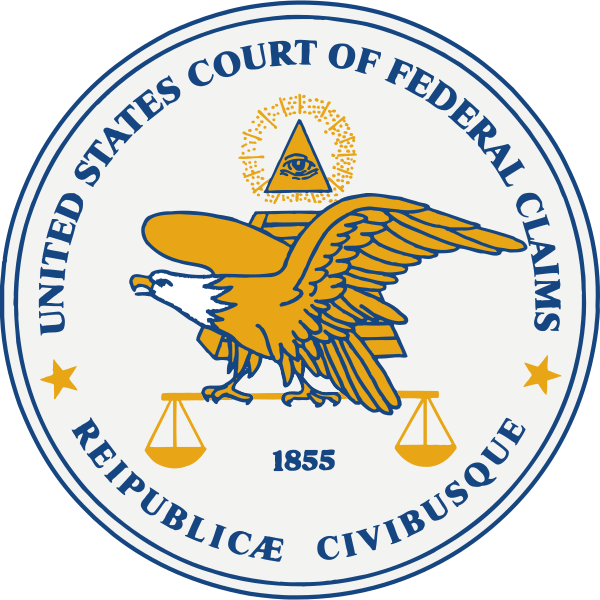Reilly’s Fourth Law of Tax Planning – Execution isn’t everything, but it’s a lot– stands out as the lesson in a Court of Claims ruling in the case of Andrew C. Dixon.
Background
Mr. Dixon is an Australian bloke living in the United States. The story on his refund claims is a little convoluted. He is seeking to recover $137,656 that he sent in with his 2013 Form 1040 and $189,329.96 that he paid after the 2013 return was audited and $1,588,653 with respect to his 2014 Form 1040. There is an audit of the 2014 return that, according to the ruling, appears to be unresolved.
The amended returns were prepared by John Anthony Castro. As the claim explains, the argument is that gains within Dixon’s Australian Superannuation Fund (the down under version of privatized social security) is exempt from US Taxation (Mr. Dixon here on an E-2 visa was taxed as a US resident).
Here is an explanation of the argument from Castro & Co. website. There is a youtube version which I have not yet been able to review.
For whatever it is worth, the original return was prepared by the Sydney office of PWC.
No Jurisdiction
As it happens, the Court of Claims will not be considering the merits of the argument. Judge Hertling ruled that the Court of Claims lacks jurisdiction because Mr. Dixon did not himself sign the amended returns.
The returns were signed by Attorney Castro. There was a Form 2848 floating around but it had not been signed by Dixon, just by Castro and it did not have the box checked to authorize Castro to sign returns and it was not attached to the returns. Other than that Mrs. Lincoln, how did you enjoy the play?
Appeal Coming
I spoke with Kathryn Nicole Magan who is affiliated with Castro & Co. and represented Mr. Dixon. She told me that there will be an appeal and had no further comment. I reached out to Mr. Castro himself and he wrote to me:
“The U.S. Supreme held that waiver cannot exist where there has been a violation of explicit statutory requirements mandated by Congress since Treasury only has “dispensing power” of its own regulatory requirements. In other words, the Secretary, by and through his agents at the IRS, can only waive their own regulations; not mandates by Congress. We agree, of course.
In this case, the lower court’s ruling can be read two ways: either that the statute implies a mandate of the taxpayer’s personal signature or that the statute’s reference to regulations extends waiver-immunity to said regulation.
If the former (requiring the taxpayer’s personal signature), then the lower court read into the statute that which is not there against a plain reading of the statute. Congress mandated “a signature” with details thereupon delegated to Treasury; not “the signature” of the taxpayer. In fact, the lower court’s own opinion in Section II(B)(2), used six paragraphs to explain the taxpayer’s noncompliance with regulations but then, in the next section, held waiver inapplicable based on noncompliance with the statute in order to justify quoting the Supreme Court’s comment that waiver does not apply where there are violations of explicit statutory requirements. According to the lower court, “explicit statutory requirements” includes regulations explicitly referenced in the statute, which is clearly reversible.
If the latter (that a statute’s reference to regulations extends waiver-immunity to said regulations), that broad of a reading is beyond the pale. An explicit statutory reference to regulations does not elevate those regulations to the status of “explicit statutory requirements” beyond the risk of waiver. To do so renders the very concept of waiver obsolete since all regulations were referenced in some manner by statute. Based on that interpretation, the doctrine of waiver is, for all practical purposes, effectively over. No appellate court would allow that interpretation go unanswered.
The requirement that a power of attorney accompany an amended return signed under penalties of perjury by an agent was created not by “explicit statutory requirements” enacted by Congress; but by the Secretary’s regulations. Those regulations are subject to waiver by investigating the merits of the claim. According to Revenue Agent Pukhalenko’s own affidavit, he fully investigated the merits of the claim. Therefore, the Secretary, by and though his agents, committed waiver.
We will be appealing to the United States Court of Appeals for the Federal Circuit.”
I have not dug deeply into the Australian Superannuation Fund argument. Superficially, much of the material on it seems to originate with Mr. Castro. I am inclined to hope that the appeal on the signature issue is successful. Nonetheless, win or lose, not having Mr. Dixon sign was an unfortunate short-cut to take.
A Candidate
Not related to the decision in any way, but still of interest, Mr. Castro is running for the Republican nomination to be the US Senator from Texas. According to this story in the Fort-Worth Star Telegram, it does not look like he is likely to get an endorsement from the President, who actually came out for the incumbent quite a while ago.
“If it was proven that President Trump intentionally withheld international aid to compel a foreign government to criminally investigate a political rival, then logic would dictate that one must vote to convict.”
Some of his other positions seem to be a bit unorthodox for a Republican.
































































































Mr. Reilly,
Our own research of Mr. Castro uncovered the following about John Castro and Castro & Co.
1. While Castro holds himself out to be an attorney, he never passed any bar and is actually not a lawyer.
2. He takes incredibly large and egregious false deductions for his clients and keeps 50% of the tax refund (deposited into Castro’s own account first before splitting).
3. He does not give the client a copy of what they’re signing beforehand (e-files). Even when clients ask for a summary of the return and what the deductions mean, he lies to them about what deductions he took.